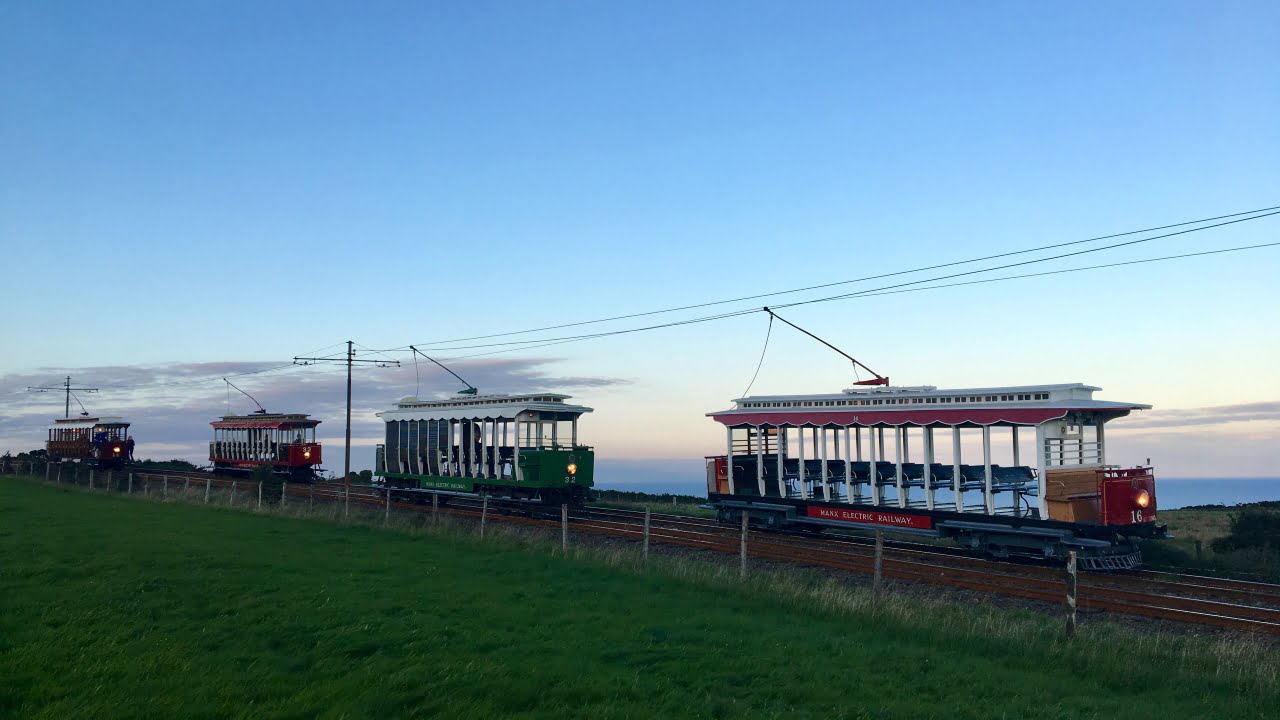The Isle of Man Government has launched a public consultation into the four heritage railways on the island.
The four railways involved in the consultation are the Douglas Bay Horse Tramway, Snaefell Mountain Railway, Manx Electric Railway and Isle of Man Steam Railway.
Back in 2018, the Isle of Man Treasury commissioned a report into the current operation and future development of the railways. The review was part of the Savings, Added Value and Efficiencies programme, which focused on the cost and revenue accountable to the heritage railways as well as any improvements that could be made to alternative delivery models.
Fast forward five years, and the Isle of Man Government has decided to commission another assessment into the heritage railways operations.

This new review looks to assess the key value of the heritage railways and if the benefits outweigh the railways costs.
The review will look into how the railways are currently being operated as a publicly owned entity and will also look into the future potential use of the railways – including whether the railways could provide regular passenger and freight services.
It will also look into if the railways can be made more efficient and/or reduce their costs.
Finally, the review will also take into consideration alternative uses to any railway assets found to be no longer needed.
It is really important that people have their say on this consultation, so you can have your say over on the Isle of Man consultation page.






Responses
I heard on manx radio this morning that there was a consultation on the govt sit regarding the heritage railways, but cant see any still open.
I just wished to comment that we should support the heritage side of our railways by making more use of the routes for travel in general.
There is a heritage steam railway at Bo’ness on the firth of forth near Edinburgh where they also run electric Battery powered two coach units. They are ex London underground stock, beautifully restored by a firm in the uk and used ideally on lines of about 15 to 30 miles where they can be recharged readily.
this would help offset emissions from coal i should think